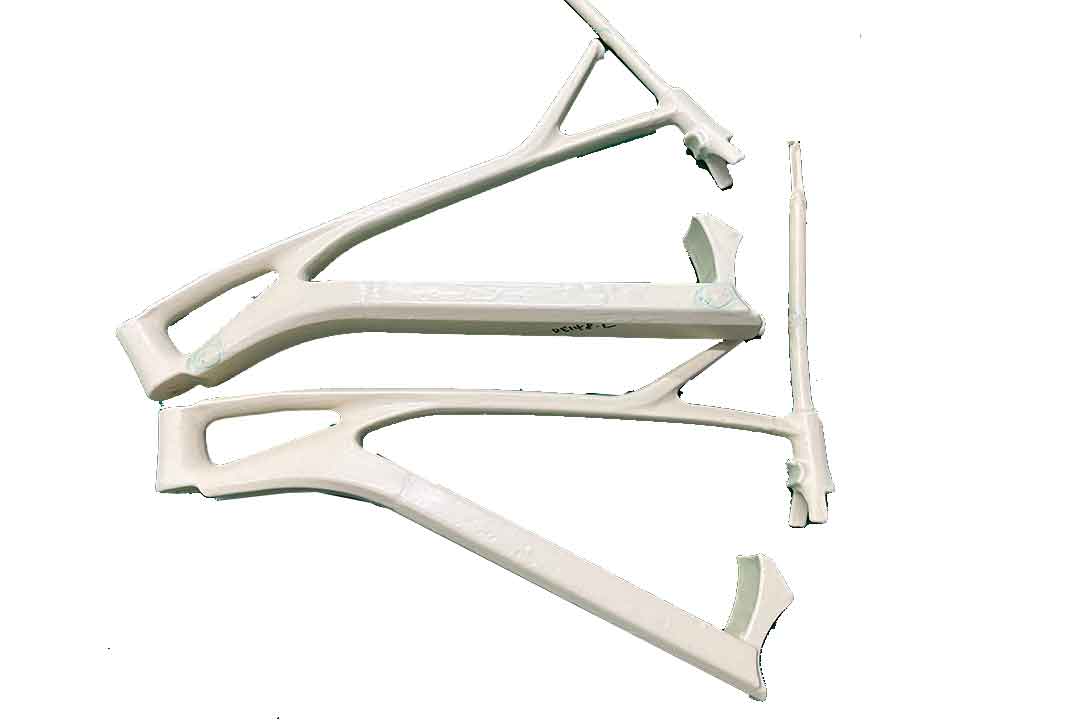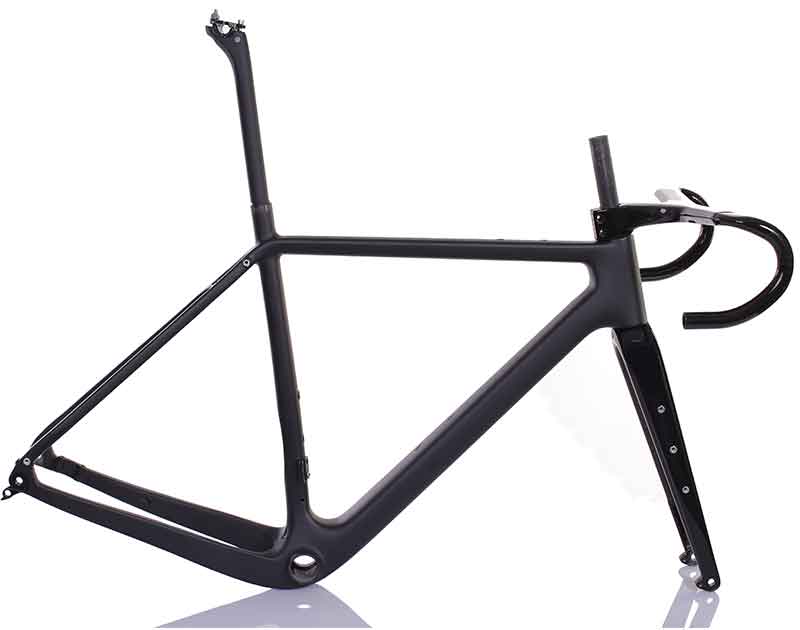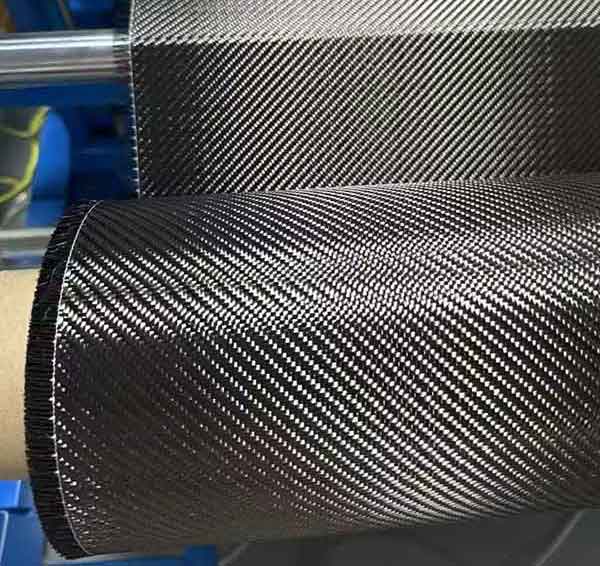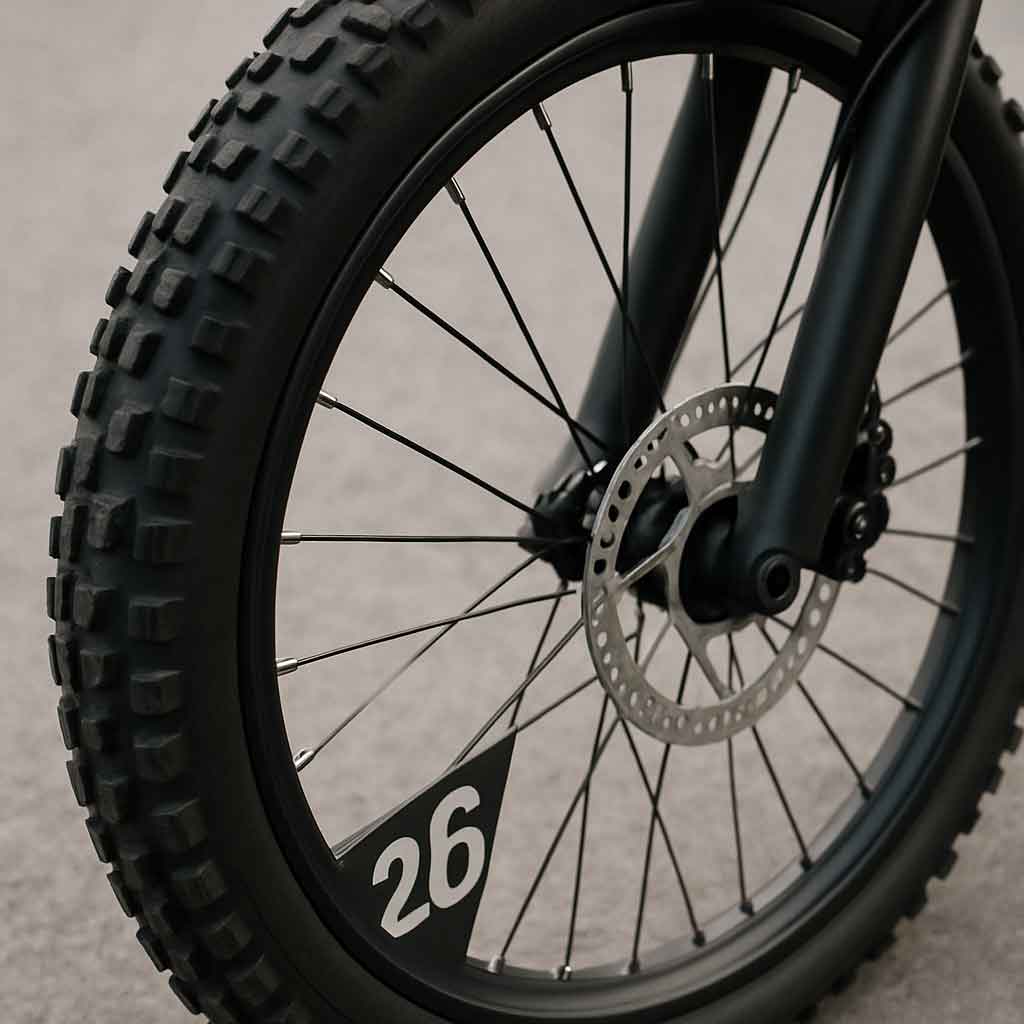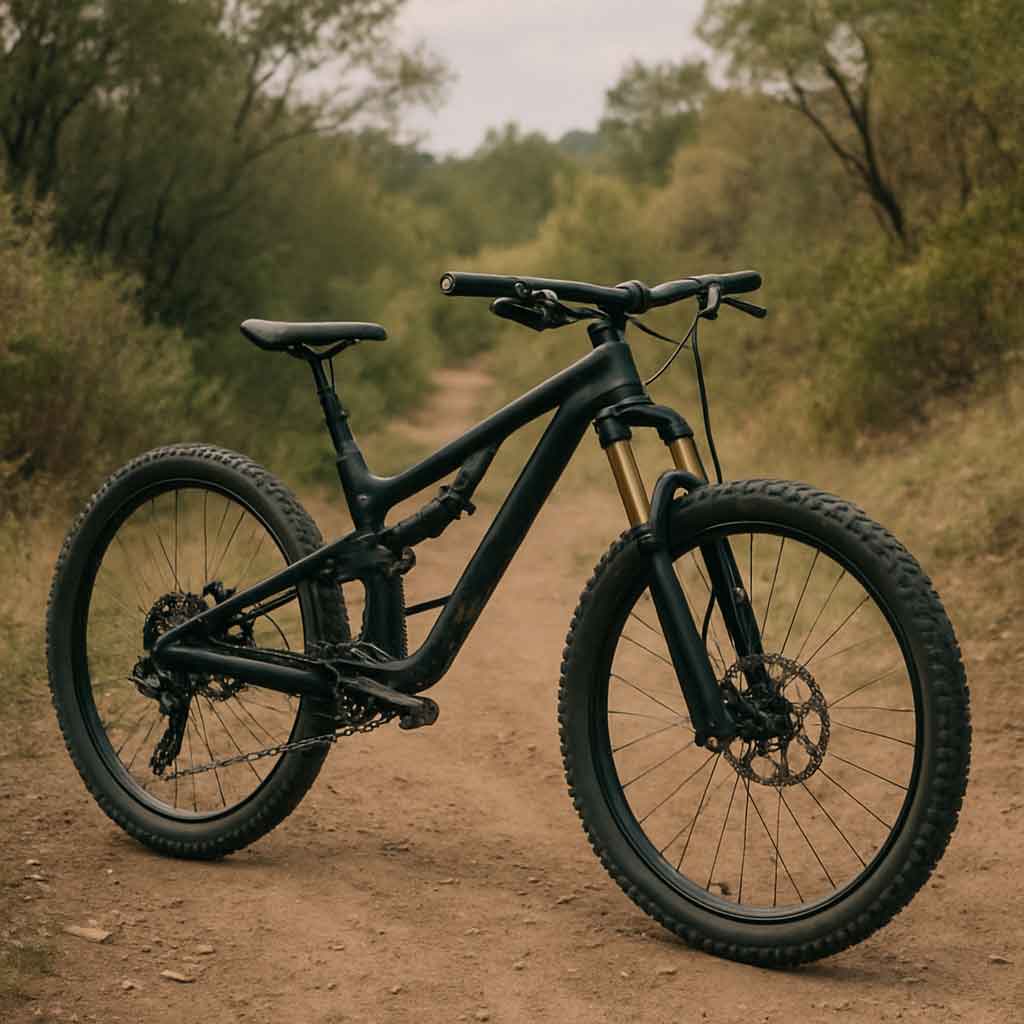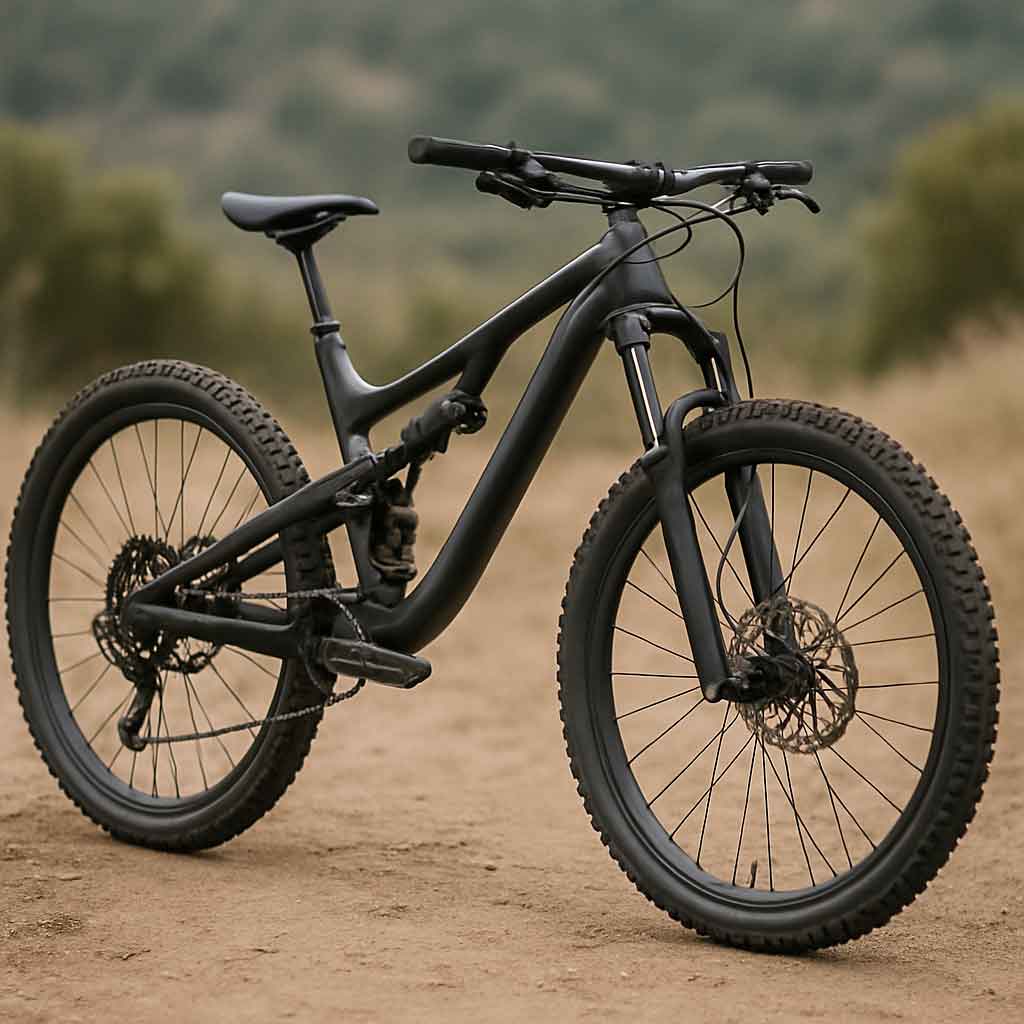Welcome to Mondince Bike - A well-known factory specialized in produce carbon bike frame and other parts since 2007.
Ultra Light Electric Bikes: A Commuter's Dream
In today's fast-paced world, efficient commuting is more than a necessity; it's a way of life. The rise of ultra light electric bikes has revolutionized our approach to daily travel, offering an innovative solution that merges speed, convenience, and cutting-edge technology. Not only are these bikes environmentally friendly, but they also cater to the modern commuter's needs, making them an ideal choice for anyone looking to enhance their daily transportation experience.
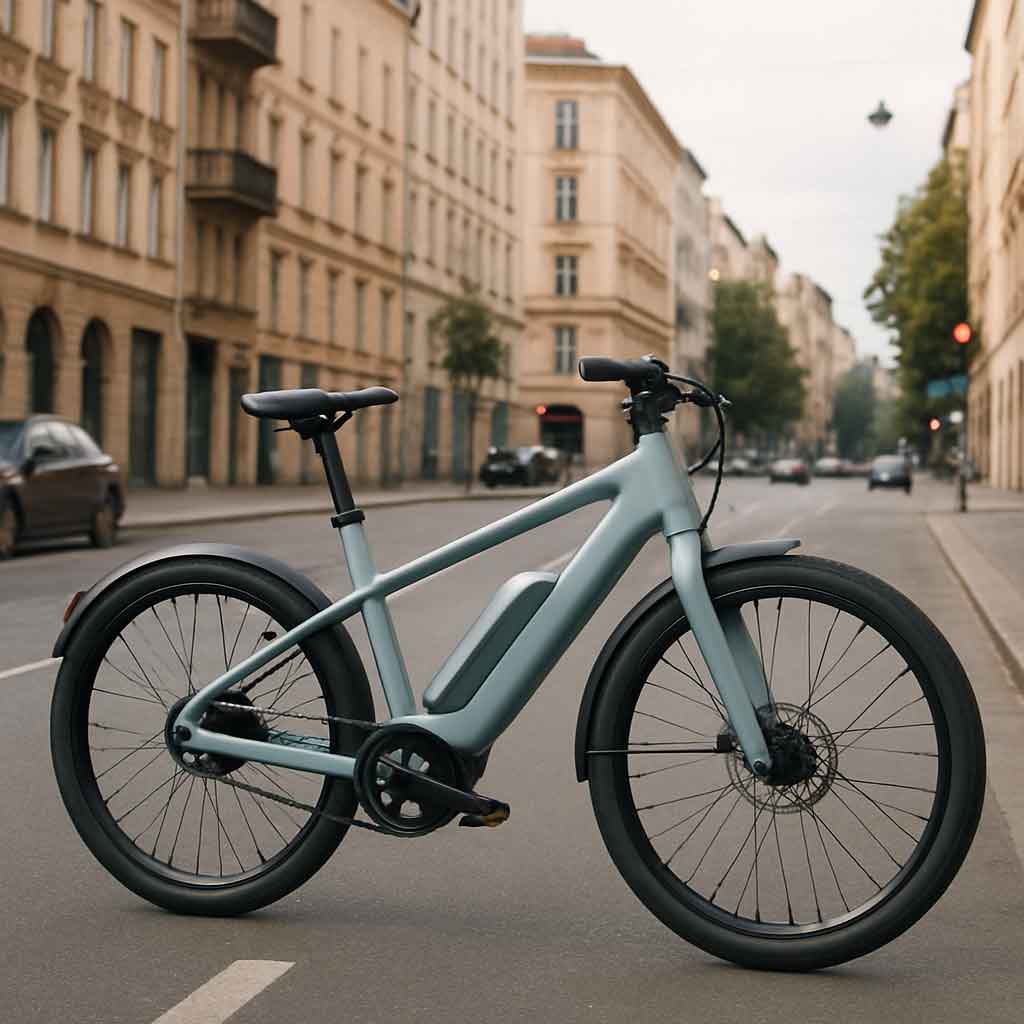
The unique appeal of ultra light electric bikes comes from their exceptional design and multifaceted functionality. These bikes are equipped with electric motors that provide a welcome boost to traditional pedaling, making commutes smoother and more enjoyable. The key differentiator, however, is their weight. By leveraging advanced materials like carbon fiber, manufacturers have crafted bikes that are both efficient and incredibly lightweight, offering commuters a seamless blend of performance and portability.
The Advantage of a Carbon Frame
Carbon fiber has become a cornerstone in the cycling industry due to its unparalleled strength-to-weight ratio. This material allows for the creation of electric bikes that are not only feather-light but also robust and durable. The use of a carbon frame in electric bikes offers a myriad of benefits. First, it absorbs road vibrations exceptionally well, providing a smoother and more comfortable ride. Secondly, it enhances the bike's agility, allowing for quicker maneuvers through city traffic. Lastly, carbon frames contribute to the bike's overall aesthetic, offering a sleek and modern look that appeals to style-conscious commuters.
The Role of Aerodynamics
Beyond weight, aerodynamics play a crucial role in the design of ultra light electric bikes. The streamlined shapes of these bikes minimize air resistance, allowing riders to maintain higher speeds with less effort. This efficiency is particularly beneficial for urban commuters who need to navigate through congested city streets swiftly. Moreover, the aerodynamic design complements the electric motor, optimizing battery usage and extending the bike's range, making it an excellent choice for longer commutes.
Why Weight Matters
For urban commuters, the weight of a bike can significantly impact daily convenience. A lighter bike is easier to carry up flights of stairs, making it ideal for apartment dwellers or those who need to store their bike in tight spaces. Additionally, lightweight electric bikes are simpler to transport on public transit, providing flexibility for those who combine biking with other forms of transportation. This portability ensures that commuters can seamlessly integrate biking into their daily routines without the hassle of managing a cumbersome vehicle.
The Significance of Portability
Portability extends beyond just ease of carrying; it influences the overall utility of the bike. A bike that can be easily folded or disassembled for storage becomes a versatile asset, especially in urban settings where space is at a premium. This feature is particularly advantageous for office workers who need to store their bikes during the day or for students navigating campus environments. The ability to quickly and efficiently stow away a bike adds a layer of convenience that enhances the overall commuting experience.
The Rise of the Lightweight Ebike
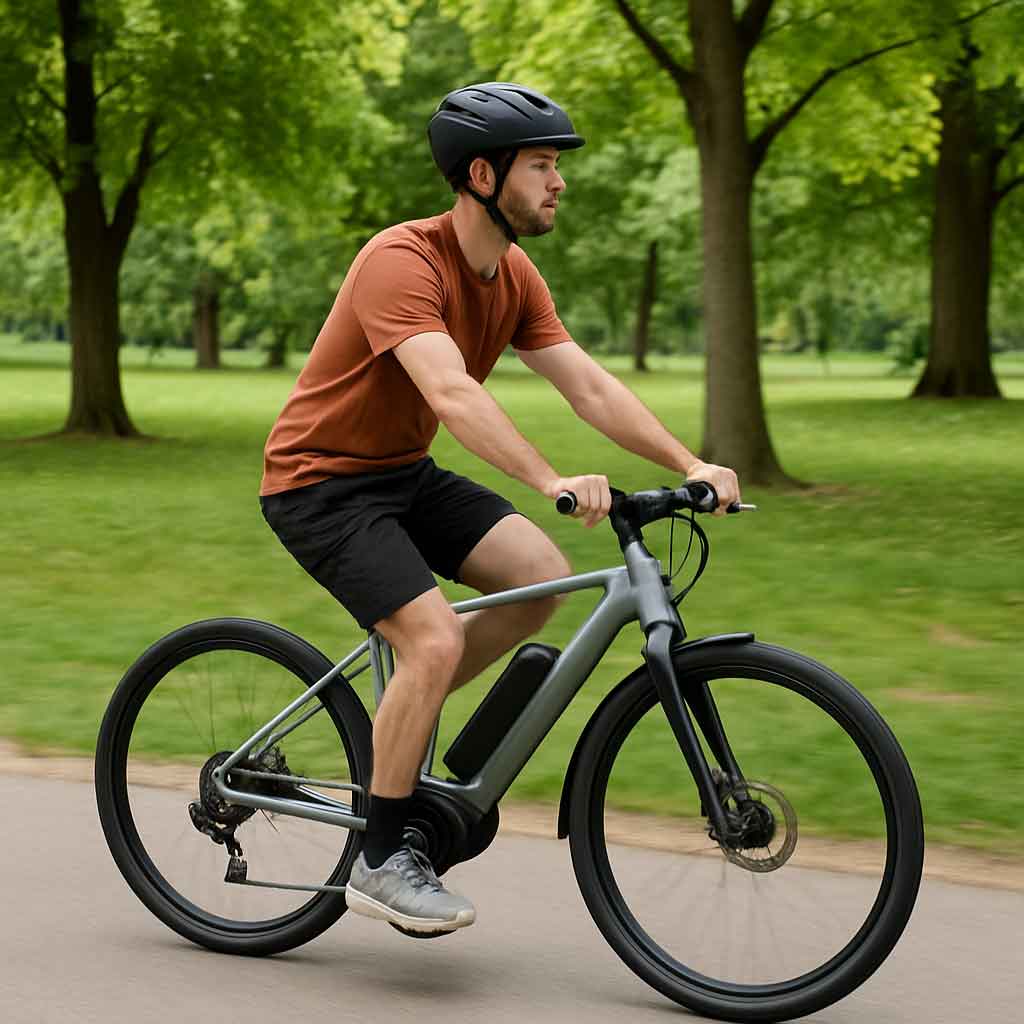
The popularity of lightweight ebikes is soaring, and for good reason. They offer a harmonious blend of traditional cycling simplicity and modern electric power, making them an attractive option for a wide range of users. Whether you're a seasoned cyclist or a newcomer to the biking world, lightweight ebikes provide a practical solution that caters to diverse commuting needs.
Cost-Effective Transportation
In an era of rising fuel prices and increasing public transportation costs, investing in a light electric bike is a financially savvy decision. While the initial purchase price may seem steep, the long-term savings on commuting expenses are substantial. Electric bikes eliminate the need for fuel, reduce maintenance costs, and often come with incentives such as tax rebates or grants. These financial benefits, combined with the bike's efficiency and convenience, make it a worthwhile investment for budget-conscious commuters.
The Economics of Maintenance
Beyond the initial savings on fuel and fares, electric bikes are generally low-maintenance compared to motor vehicles. The simplicity of their design means fewer parts that can fail, and routine maintenance tasks are often manageable without professional assistance. This aspect significantly reduces ongoing costs, making light electric bikes an economical choice over time. Additionally, many manufacturers offer warranties and support services, further reducing potential expenses and providing peace of mind to owners.
Environmentally Friendly Commuting
The shift towards sustainable transportation is more critical than ever, and lightweight electric bikes offer a viable solution for eco-conscious individuals. By producing zero emissions, these bikes help reduce the carbon footprint associated with daily commutes. This environmental benefit is not only crucial for combating climate change but also contributes to improved air quality in urban areas. Choosing a lightweight ebike is a proactive step towards a more sustainable future, aligning personal transportation choices with broader environmental goals.
The Impact on Urban Air Quality
Electric bikes contribute to cleaner air by reducing the number of gas-powered vehicles on the road. This reduction in emissions is particularly beneficial in densely populated cities where air pollution levels are a significant concern. By decreasing reliance on fossil fuels, electric bikes help mitigate the health impacts associated with poor air quality, such as respiratory issues and cardiovascular diseases. This positive impact on public health further underscores the importance of integrating electric bikes into urban transportation systems.
How to Choose the Right Lightest Weight E-Bike
Selecting the perfect ultralight ebike can be daunting given the plethora of options available. To ensure you make an informed decision, it's essential to consider several key factors that align with your personal commuting needs and preferences.
Battery Life and Range
The battery serves as the powerhouse of an electric bike, dictating how far you can travel on a single charge. When evaluating options, consider the typical distance of your daily commutes and the availability of charging stations along your route. Modern ebikes offer a range of 20 to 60 miles, but if your travel requirements exceed this, look for models with extended battery life or quick-charging capabilities. It's also worth considering the battery's lifespan and replacement costs, as these factors will influence long-term ownership expenses.
The Importance of Charging Infrastructure
As electric bikes grow in popularity, cities are increasingly investing in charging infrastructure to support this trend. When choosing an ebike, research the availability of charging stations in your area and plan your routes accordingly. This infrastructure not only extends your bike's range but also provides convenience and peace of mind during longer commutes. Additionally, some bikes offer removable batteries, allowing you to charge them separately from the bike, which can be a valuable feature if charging stations are scarce.
Motor Power
The motor's power is a crucial consideration, as it determines the level of assistance you receive while riding. For urban commuting, a motor within the 250 to 500-watt range is typically sufficient to handle inclines and headwinds without being overly aggressive. If your commute involves significant elevation changes or longer distances, you might consider a more powerful motor. However, be mindful that increased power can impact battery life and overall bike weight, so balance your needs for speed and range accordingly.
The Balance Between Power and Efficiency
Finding the right balance between motor power and efficiency is key to optimizing your riding experience. While a more powerful motor can enhance speed and acceleration, it may also drain the battery more quickly. Consider your specific commuting environment and prioritize features that align with your daily needs. For instance, if your route includes frequent stops and starts, a motor with torque sensors may provide smoother assistance, enhancing both efficiency and comfort.
Frame Material
The choice of frame material is pivotal in determining the bike's weight, durability, and cost. While carbon fiber is an excellent option for those prioritizing lightness and performance, aluminum offers a cost-effective alternative that balances weight and affordability. Steel and titanium are also available, each with unique characteristics that may suit different riding styles and preferences. Consider the typical terrain and weather conditions you will encounter, as these factors will influence the durability and maintenance requirements of your chosen frame material.
Exploring Alternative Materials
In addition to traditional materials like carbon fiber and aluminum, manufacturers are experimenting with innovative alternatives to enhance performance and sustainability. For example, bamboo frames offer a unique combination of strength and shock absorption, providing a smooth ride while being environmentally friendly. Exploring these alternative materials can lead to discovering a bike that not only meets your functional needs but also aligns with your personal values and aesthetics.
Additional Features
Modern light ebikes come equipped with a range of features designed to enhance the rider's experience. From integrated lights and GPS systems to smartphone connectivity and advanced security features, these extras can significantly improve convenience and safety. However, it's important to balance these enhancements with the potential impact on the bike's weight and cost. Prioritize features that align with your commuting priorities, ensuring that they add genuine value to your daily rides.
The Role of Technology in Enhancing the Ride
Technological advancements in electric bikes are continually evolving, offering riders innovative features that enhance the biking experience. Smart connectivity allows for real-time navigation, fitness tracking, and even remote diagnostics, providing valuable insights into your riding habits and bike performance. Additionally, advancements in lighting technology, such as adaptive headlights, improve visibility and safety during nighttime commutes. Consider how these technological features can complement your riding style and contribute to a more enjoyable and efficient journey.
The Future of Commuting: Carbon Fiber Electric Bicycles

by János Venczák (https://unsplash.com/@venczakjanos)
The demand for carbon fiber electric bikes is poised to grow as more individuals recognize their numerous benefits. These bikes represent the future of urban transportation, seamlessly integrating efficiency, style, and sustainability into a single package that caters to the needs of modern commuters.
Innovations in Electric Bike Technology
The electric bike industry is at the forefront of technological innovation, with manufacturers continuously exploring new ways to enhance battery efficiency, reduce weight, and improve rider experience. Breakthroughs in battery technology, such as solid-state batteries, promise longer ranges and faster charging times, making electric bikes even more practical for daily use. Additionally, advancements in motor design, including hub and mid-drive systems, offer varying levels of power and efficiency to suit different riding conditions. As these technologies evolve, we can anticipate even lighter, more powerful, and more versatile electric bikes in the near future.
The Integration of Smart Features
As technology advances, the integration of smart features into electric bikes is becoming increasingly common. These features, such as real-time traffic updates, route optimization, and fitness tracking, enhance the overall riding experience by providing valuable information and insights. Furthermore, smart lock systems and anti-theft technologies offer increased security, giving riders peace of mind when parking their bikes in public spaces. The continued development of these smart features will likely play a significant role in shaping the future of electric biking, making it an even more attractive option for commuters.
The Role of Electric Bikes in Urban Planning
Urban planners are beginning to recognize the potential of electric bikes in transforming cityscapes. As a result, many cities are adapting their infrastructure to accommodate the growing number of electric bike commuters. Dedicated bike lanes, secure parking facilities, and strategically placed charging stations are just a few examples of how cities are evolving to support this trend. By investing in these improvements, urban areas can become more bike-friendly, promoting a healthier, more sustainable mode of transportation that reduces traffic congestion and improves air quality.
The Impact on Public Transportation Systems
The rise of electric bikes is prompting a reevaluation of traditional public transportation systems. As more commuters opt for electric bikes, public transit authorities are exploring ways to integrate biking into their services. This integration includes bike-sharing programs, improved bike storage on buses and trains, and the development of multi-modal transit hubs. By embracing electric bikes as a complement to existing transportation networks, cities can create more efficient, flexible, and environmentally friendly transit solutions that meet the diverse needs of their residents.
Conclusion: Embrace the Change
Ultra light electric bikes are more than just a fleeting trend; they represent a practical solution to the challenges of modern commuting. Whether you're navigating bustling city streets or enjoying scenic routes, these bikes offer an ideal balance of performance, convenience, and sustainability. By investing in a lightweight electric bike, you're not only enhancing your daily commute but also contributing to a more sustainable and connected future. Embrace the change and experience the freedom and innovation that come with riding an ultra light electric bike. The road ahead is bright, and the possibilities are endless.



